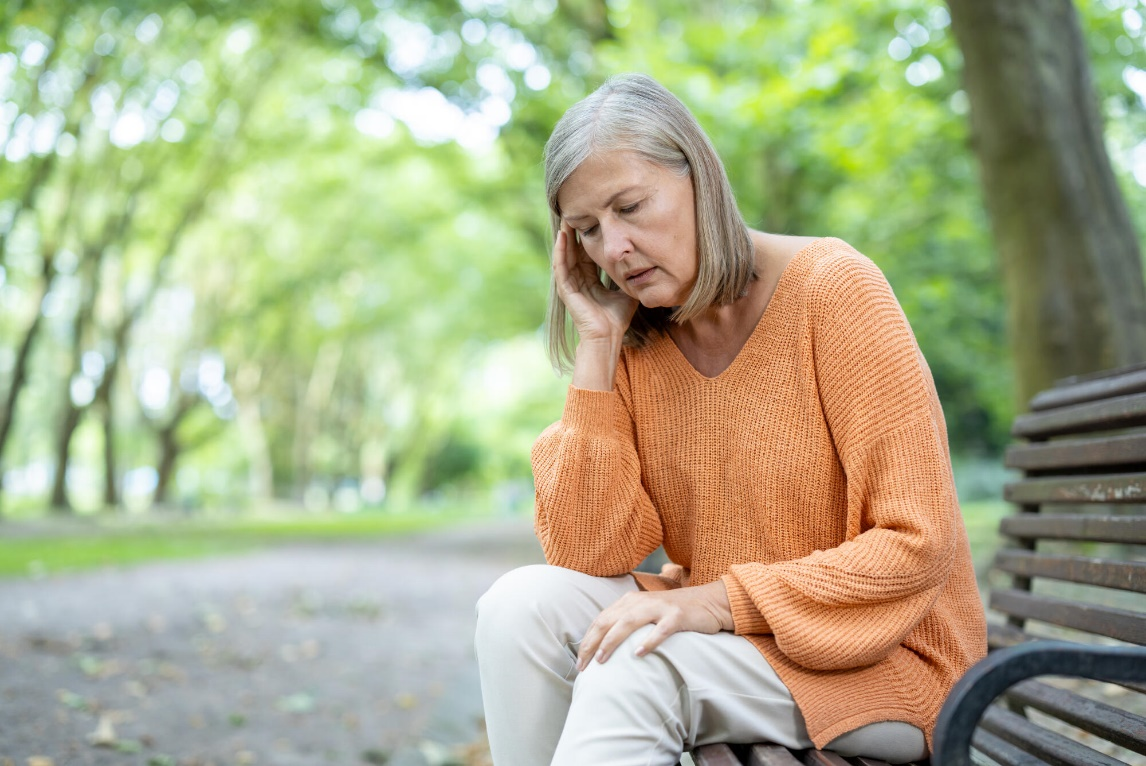Health
Balanced Lifestyles: Managing Stress in Older Adults

Getting older doesn’t mean stress magically disappears-it just changes shape. From juggling doctor visits to managing grandkid chaos, life stays busy!
But here’s the good news: simple lifestyle tweaks can make a big difference. Whether it’s staying active, eating better, or just learning to breathe and relax, small steps can bring big peace.
Ready to kick stress to the curb and enjoy more calm in your days? Let’s explore the best ways older adults can balance their lifestyle and feel better, inside and out. It’s easier than you think!
Embrace Regular Physical Activity
Staying active is one of the best ways to manage stress in older adults. Simple exercises like walking, stretching, or dancing can boost mood and energy.
Physical activity helps release feel-good chemicals in the brain while keeping the body strong and mobile. It doesn’t need to be intense; even 20 minutes a day makes a difference.
Group fitness classes also add a social boost. Regular movement supports heart health, improves sleep, and reduces anxiety.
Just find something enjoyable and make it part of your routine. This way, you’ll feel the positive shift in both body and mind.
Prioritize Healthy Eating Habits
Eating well fuels both physical and emotional well-being. Nutritious meals help :
- stabilize blood sugar
- support brain health
- improve energy levels
Focus on whole foods like fruits, vegetables, lean proteins, and whole grains. Drinking enough water is also essential for mood and clarity.
You should also try to limit processed foods and excess sugar, which can worsen stress and fatigue. Meal planning can reduce decision stress and make healthy choices easier.
A well-balanced diet is more than just fuel-it’s a powerful tool to feel better and stay strong while aging gracefully.
Practice Mindfulness and Relaxation Techniques
Taking time to pause and breathe can do wonders for stress. Mindfulness helps you stay in the moment instead of worrying about the past or future.
Techniques like deep breathing, meditation, or gentle yoga calm the mind and body. They also improve focus and sleep quality. Just a few minutes a day can make a big impact.
These practices teach you how to respond calmly instead of reacting to stress. Listening to relaxing music or spending quiet time in nature also helps. Embracing these habits brings peace and clarity, making each day feel lighter and more manageable.
Identify and Replace Unhealthy Coping Habits
Sometimes, stress leads to habits that feel helpful but cause harm in the long run. Overeating, excessive TV, or isolation can be signs of unhealthy coping habits while aging.
Recognizing these patterns is the first step toward change. Instead, try replacing them with positive activities like reading, gardening, or talking to a friend. Seeking support from a counselor or group can also help.
Healthy coping builds emotional resilience and reduces the grip of stress. It’s about finding joy in new routines and letting go of the ones that no longer serve you. A little awareness goes a long way.
Perks of Balancing Lifestyler Choices
Balancing lifestyle choices isn’t just about staying busy-it’s about feeling your best every day. Small, mindful changes can lead to big improvements in mood, health, and overall well-being.
It’s never too late to start making positive changes. Embrace what works for you and enjoy the benefits of a balanced, fulfilling life. Your well-being is worth it-start today and feel the difference!
Did you find this article helpful? Check out the rest of our blog now!
-

 Celebrity1 year ago
Celebrity1 year agoWho Is Jennifer Rauchet?: All You Need To Know About Pete Hegseth’s Wife
-

 Celebrity1 year ago
Celebrity1 year agoWho Is Mindy Jennings?: All You Need To Know About Ken Jennings Wife
-

 Celebrity1 year ago
Celebrity1 year agoWho Is Enrica Cenzatti?: The Untold Story of Andrea Bocelli’s Ex-Wife
-

 Celebrity1 year ago
Celebrity1 year agoWho Is Klarissa Munz: The Untold Story of Freddie Highmore’s Wife
















